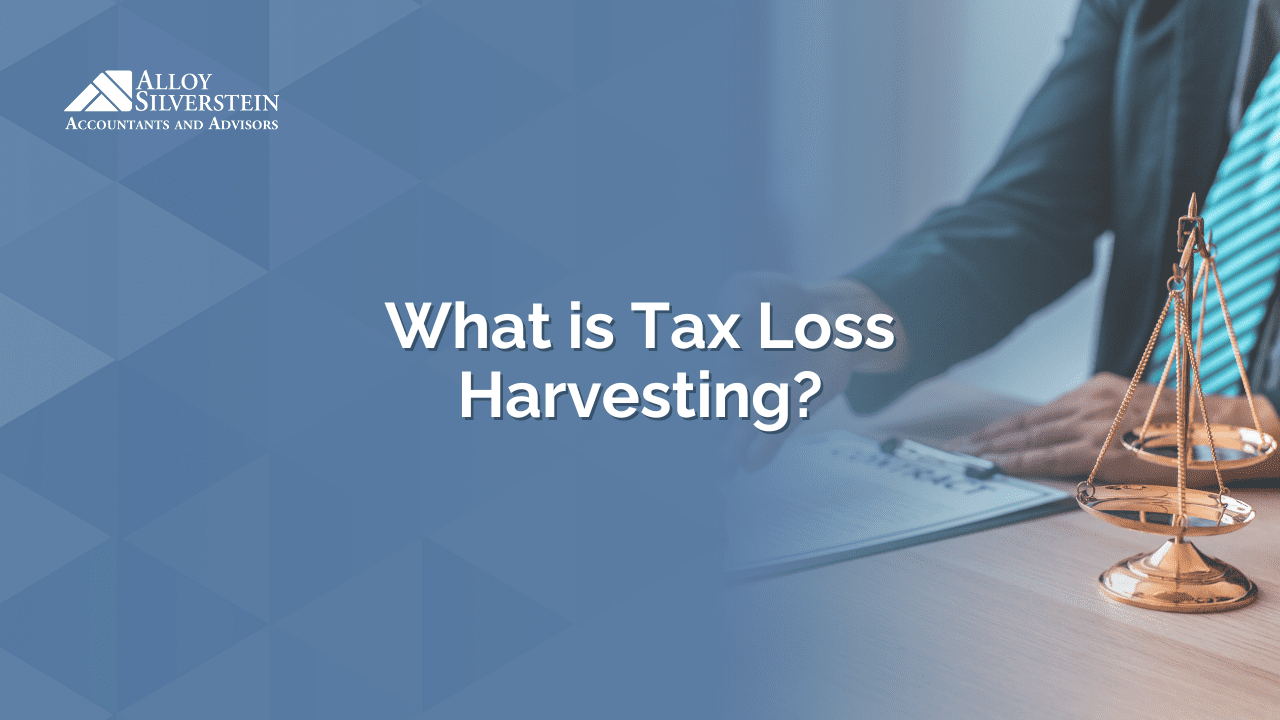
Not all investment losses are bad news. In fact, they can serve a purpose when it comes to reducing your tax burden. This is where tax loss harvesting comes in, a smart strategy that can help offset capital gains and lower what you owe to the IRS.
Tax loss harvesting is an investment strategy in which you sell capital investments that have declined in value so that you have capital losses to offset capital gains from other investments. In other words, if you’ve made money on some investments this year, you can potentially reduce your tax liability by strategically selling underperforming assets.
While no one likes to see an investment lose value, it’s unrealistic to expect every holding to always go up. If you know you already have some capital gains in a tax year, whether from investments you have already sold or from capital gain distributions pushed out to you from certain mutual funds, you can sell off some of the losers in your portfolio so that your overall tax bill will be reduced.
This strategy can be particularly helpful at year-end, when you’re reviewing your portfolio and looking for ways to be more tax efficient.
Before you start selling off your investments, it’s crucial to understand the wash-sale rule. If you sell a security at a loss and then repurchase the same or a “substantially identical” security within 30 days, the IRS disallows the loss for tax purposes.
Let’s say you believe in a company’s long-term potential but its stock is currently down. You sell it to harvest the loss but want to get back in quickly to not miss any rebound. If you buy it back too soon (within that 30-day window) the loss won’t count. Waiting at least 31 days before repurchasing helps you avoid triggering the wash-sale rule and ensures your tax strategy remains intact.
Tax loss harvesting isn’t about giving up on your investments – it’s about being strategic. Done thoughtfully, it can help smooth out your portfolio’s tax impact and keep more money in your pocket. However, tax rules can be complex, and the timing of sales matters. Consulting with a tax advisor can help you execute this strategy effectively and in alignment with your overall goals.

Associate Partner
Julie has over 20 years of experience in public and private accounting, representing varied clientele including the medical, legal, and real estate industries and trusts.
View Julie's Bio →